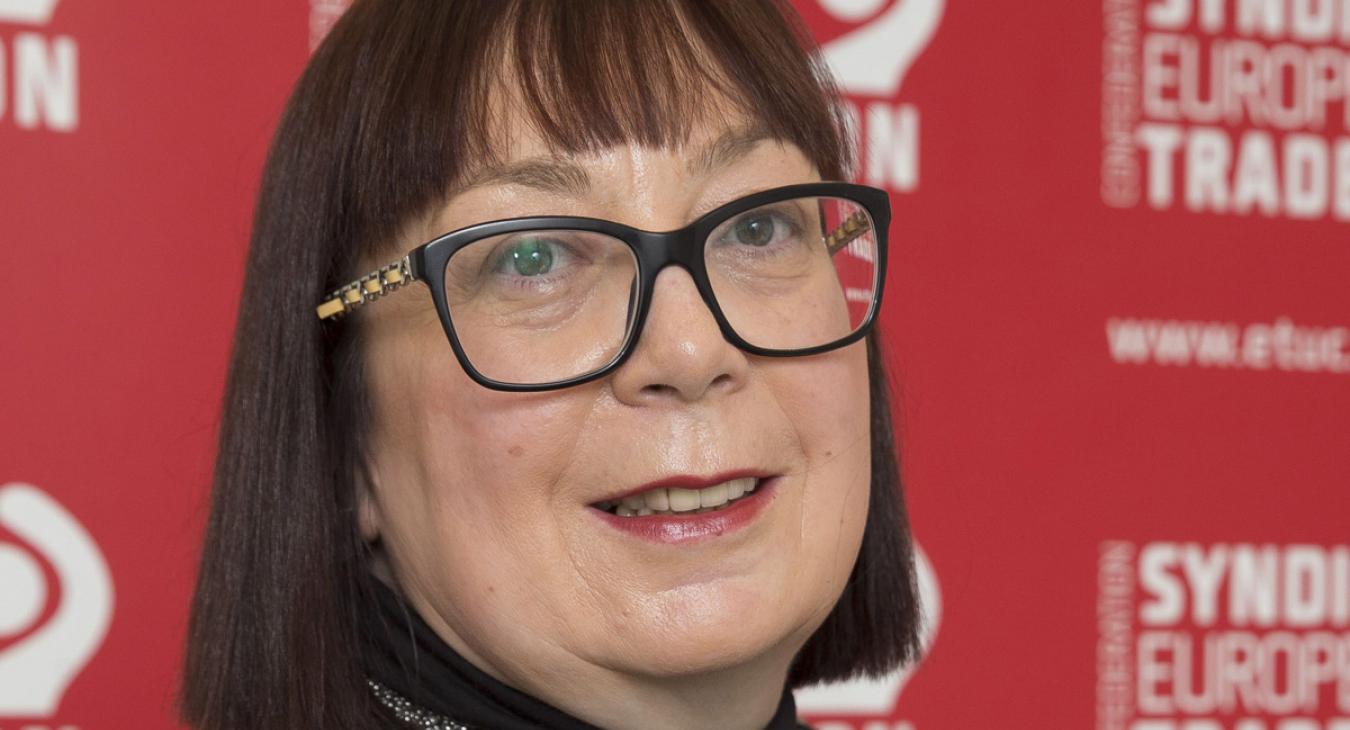
As the Social Summit opens in Gothenburg, the ETUC's Esther Lynch asks if the EU can deliver real gains for working people
'Fair Jobs and Growth' is a key focus of the much-heralded Social Summit in Gothenburg, a theme that many feel has been long neglected by an EU more concerned with fiscal rules than the well-being of working people.
And there is something concrete and worthwhile to discuss: President Juncker's European Pillar of Social Rights.
The Pillar comprises 20 commitments and rights including "the right to fair wages", the right to a high level of health and safety protection at work and "the right to adequate social protection."
One of the most innovative and promising features is the commitment to prevent "employment relationships that lead to precarious working conditions," widely understood to mean a prohibition of zero or low hour contracts.
Time is running out for the EU and its leaders absolutely must adopt the Social Pillar at the Gothenburg summit. A failure or a delay in doing so, would leave little time before the May 2019 European elections for any substantial measures or initiatives to be implemented.
In short, President Juncker's promise of a Triple A Social Europe would lie in ruins.
This is the acid test. Is the Social Pillar just hot air and good intentions - as some fear - or can it deliver tangible benefits for working people?
European trade unions are determined to ensure that the EU delivers those gains for working people. But that requires concerted action from EU Commissioners, MEPs, ministers and member states.
Trade unions – acting through the European Trade Union Confederation – have compiled a clear set of proposals on what the EU must do, in this regard.
In the first instance, the Commission should publish an plan for implementation of the key commitments and rights, included in the Social Pillar.
It also needs to ensure that sufficient funds are invested to finance implementation of the key Social Pillar commitments.
In addition, we need to see New EU laws to enforce these rights, including measures to:
- strengthen the Equal Pay Directive with equality plans and pay audits, plus sanctions and deterrents to speed up the painfully-slow progress towards equal pay for women;
- ensure protection for non-standard workers, including exploited 'gig economy' and 'platform workers';
- safeguard privacy at work to protect workers' data and limit digital and personal surveillance;
- protect against exposure to deadly diesel and reprotoxins, and risky nanotechnologies;
- protection for whistle-blowers.
Economic policy must also fundamentally change. The EU's annual economic policy-making 'semester' should become an economic and social semester, which promotes fair pay and collective bargaining right, as enthusiastically as it advocates budget deficit rules.
A Social Progress Protocol should be inserted the EU Treaty, which would explicitly assert that the single market exists to achieve both social and economic progress; that economic rules cannot have priority over social rights; that economic freedoms do not give the right to avoid national social and employment laws or to engage in unfair competition on wages and working conditions.
More workers in the EU should be covered by a collective agreement and no worker should be afraid of employer reprisal if they join a union. All member states should promote collective bargaining between trade unions and employers to achieve fair wages and working conditions.
The Juncker-led Commission has made some efforts to achieve a fairer EU but has struggled to convince reluctant member states.
The European Pillar of Social Rights looks like a last roll of the dice for the EU.
Trade unions will be in Gothenburg pressing for a real deal for working people, following years of austerity, depressed living standards and and growing inequality.
The Social Pillar as it is presently constituted does not deliver the promised Triple A Social Europe, but is adoption would signal that the institutions of the EU recognise the shortfall between promise and reality so evident for working people since 2009.
